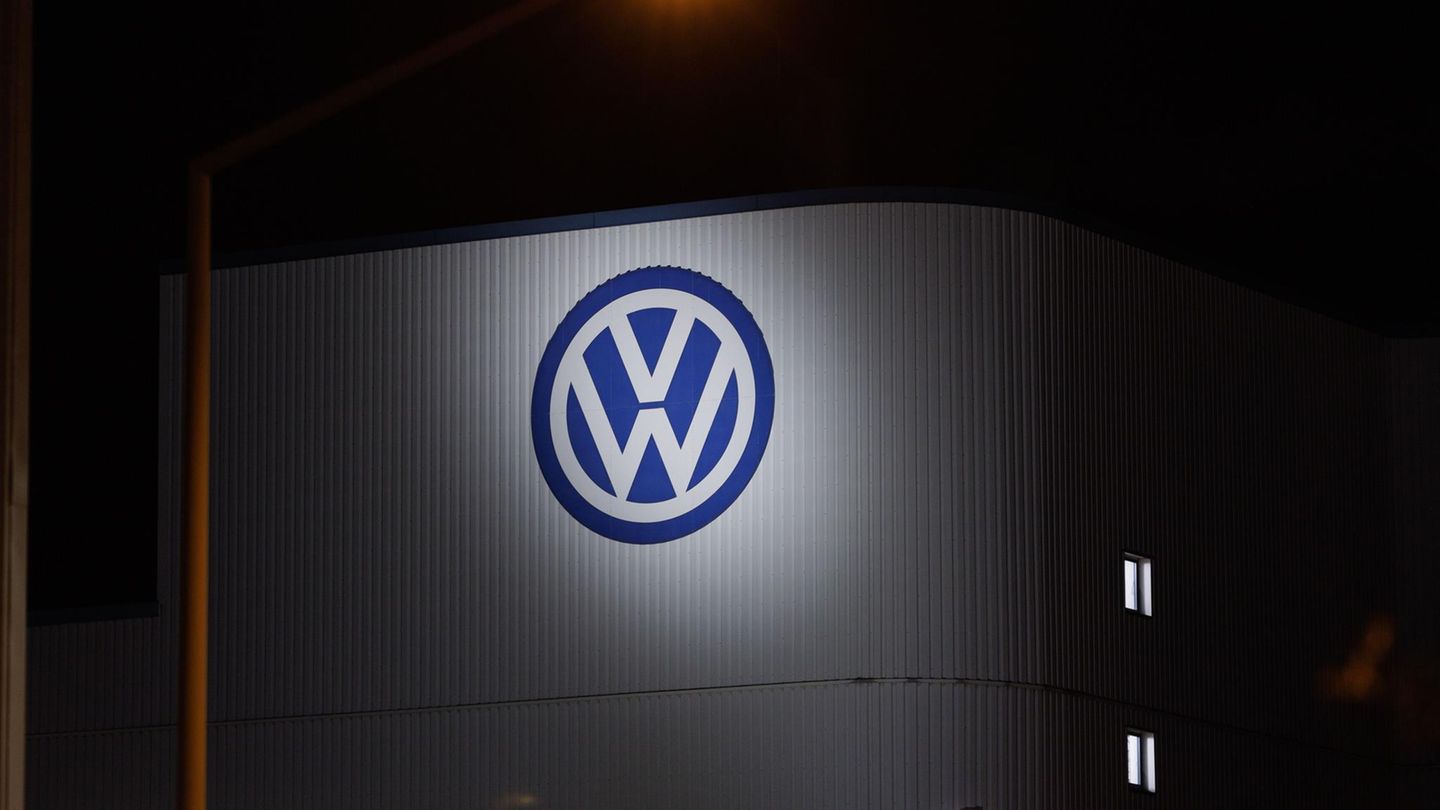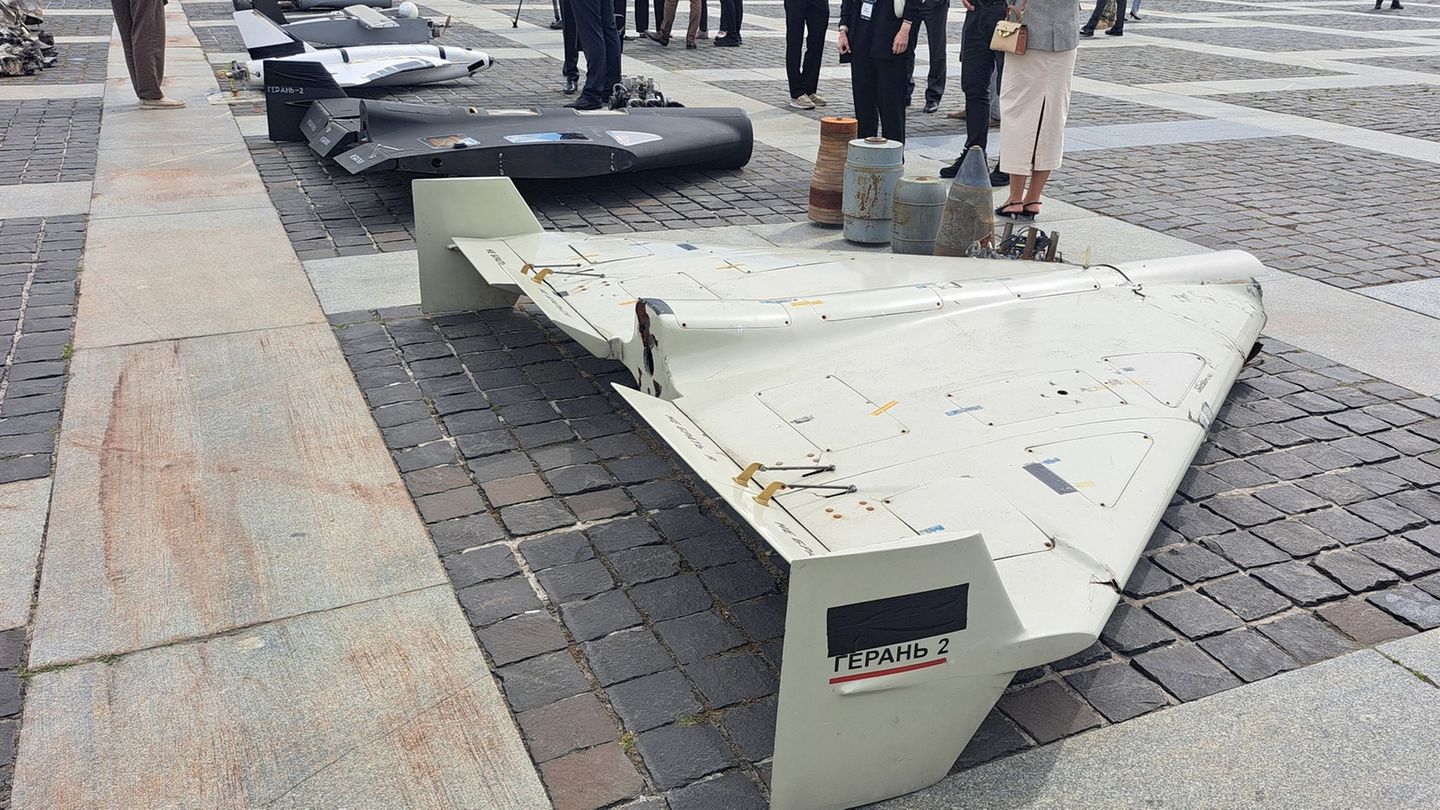Agreement with IG Metall
Plant closures averted – but Volkswagen wants to cut 35,000 jobs
Copy the current link
Volkswagen and IG Metall have struggled for a long time. It is now clear: the car manufacturer will not close any plants or issue operational layoffs for the time being.
Volkswagen wants to cut more than 35,000 jobs by 2030. The company announced in Berlin that the reduction should be carried out in a socially responsible manner. The decision is part of an agreement reached by the car manufacturer and IG Metall after days of negotiations.
“We had three priorities in the negotiations: reducing excess capacity at the German locations, reducing labor costs and reducing development costs to a competitive level,” said VW brand boss Thomas Schäfer. “We have achieved viable solutions on all three issues.”
The car manufacturer will reduce the technical capacity at its German locations by over 700,000 vehicles. “These are hard decisions, but also important decisions for the future.” This creates the basis for making Volkswagen the technologically leading volume manufacturer by 2030.
“Painful cuts” at Volkswagen
IG Metall negotiator Thorsten Gröger spoke of painful cuts. The union emphasized that factory closures and redundancies had been averted. “No location will be closed, no one will be laid off for operational reasons and our in-house tariff will be secured in the long term,” said general works council chairwoman Daniela Cavallo. There are collective bargaining concessions, but also new job security until the end of 2030.
A German car icon turns 50: The history of the VW Golf
The EA 276 almost became the first Golf. This development order (that’s what “EA” stands for) was already very close to the later Golf, but used the wrong engine and was considered too rudimentary.
© Volkswagen / PR
Back
Further
The agreement was reached after a marathon meeting: Representatives from Volkswagen and IG Metall had been struggling for a compromise in Hanover since Monday and negotiated in some cases until the morning. In total, the discussions lasted more than 70 hours. According to IG Metall, it was the longest collective bargaining round ever at Volkswagen.
Several days were set aside for the last round of negotiations before Christmas because both sides wanted to reach an agreement before the holidays. Around 70 representatives from companies and unions stayed in a hotel in Hanover for the fifth round of negotiations.
On Wednesday, participants spoke of positions that were far apart. Until recently, the main points of contention were the factory closures and operational layoffs brought into play by VW. IG Metall had described both as “red lines” that should not be crossed. The union also rejected the flat-rate wage cut of ten percent demanded by VW.
Issue of employment guarantee
VW also wanted to take on fewer trainees and reduce the pay of temporary workers, who previously received a supplement at VW, to the normal level of temporary work. VW justified the required cuts with high costs and low utilization of its plants.
Instead, IG Metall demanded the preservation of all ten locations in Germany and an employment guarantee for around 130,000 employees. VW canceled the previous employment guarantee, which had excluded compulsory redundancies for more than 30 years, in September.
IG Metall has hit the car company twice with widespread warning strikes since the beginning of December. According to the union, around 100,000 employees at nine locations took part both times.
Note: This article has been updated several times.
DPA
tkr
Source: Stern




